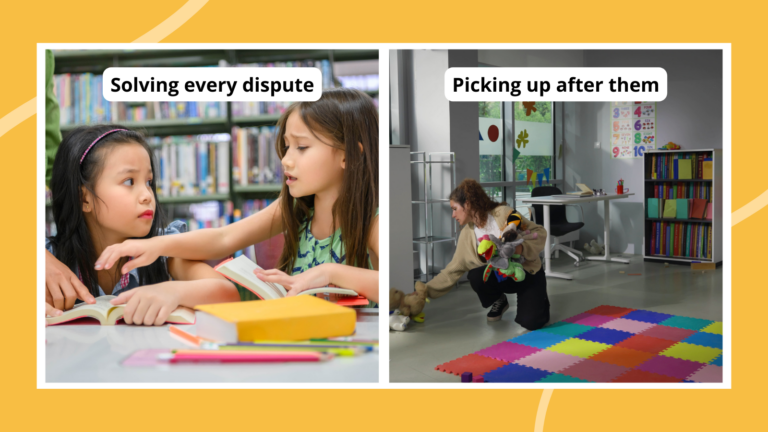If you’re a student in my seventh grade class, I can guarantee you that you’ll give me your best work and you’ll treat me, your classmates, and yourself with respect. Otherwise, you will think the wrath of God Himself has descended on you. However, chances are you’ll forget to raise your hand before you speak, fail to sign out for the bathroom, and chew gum in my class with absolute impunity. There are a few rules I really care about, and a lot of others that I’m terrible at enforcing. Here’s what tops my list of bad classroom rules:
1. A strict dress code.
One message I strive to get across to my kids every class period is that we are serious people involved in a serious business. I teach language arts. Learning to read and write and speak effectively is, I truly believe, a matter of life and death, especially because the majority of my students are immigrants living below the poverty line. This is their chance. We don’t have a minute to waste because we have crucially important things to do every single day. It detracts a bit from that attitude if I spend 10 minutes of class ascertaining that no girl has fake nails and none of the boys are wearing joggers. And I know, I know. They have to learn to dress professionally blah blah blah. There’s an age at which that’s developmentally appropriate, and 12 isn’t it.
2. No food and gum in class.
If you eat breakfast at six, by nine or ten you’re pretty hungry. I know, because I pack bags of fruit and granola bars to consume throughout the day. It’s not that hard to concentrate on class if the kid next to you is eating a banana. It’s pretty hard to concentrate when you can feel your stomach lining devouring itself. I do, however, require that snacks be at least sort of healthy. Like, don’t eat a bag of Takis dipped in Nutella. That’s gross. I don’t want to see that.
3. No phones.
Our kids are supposed to leave them in their lockers, and that seems crazy to me. Half the time they actually serve a purpose in class. I’d prefer it if, once they’ve written down their notes, the kids take a picture of them with their cell phones. Then I know they won’t lose it. If we’re doing group work, I want them to be able to exchange contact information quickly and effectively. And if occasionally somebody’s phone buzzes during my class, it’s just not that big a deal. Turn it off, put it in your pocket, move on with your life. No need for a confrontation. But it’s hard to have this attitude when there are other teachers in the building who confiscate phones if they see them in a kid’s pocket … regardless of whether or not the student is actually using it. This rule needs to change with the times.
4. No profanity.
If a kid curses at another kid (or, God forbid, at me), we’ve got problems. If a kid ostentatiously curses in another language because they’re trying to get away with something, I’ll bust them on that. But a mumbled “dammit” when your freshly sharpened pencil breaks for the third time? I just can’t get too riled up about that one. We’ve all been there. And while I have not yet used profanity in front of a class—which is a monumental accomplishment—I’m aware that it’s only a matter of time before I slip up. As long as it’s not malicious or disrespectful, I think we can all give each other a little grace when it comes to language.
I know that kids need limits and consistency, and I probably ought to do better at enforcing some of these rules. But in the end, my relationship with my students and our goals for their learning are way more important to me than whether or not they’re chewing gum in my class. As long as my phone-toting, skinny-jean-wearing, mouth-like-a-sailor kiddos learn how to read and write like their lives depend on it, I’m not too worried about it.

